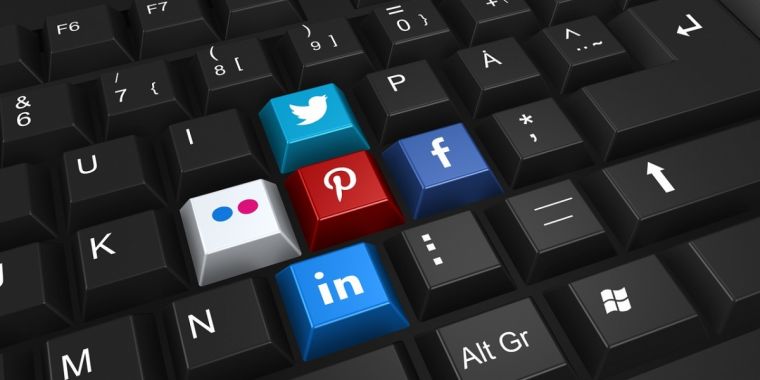'Farewell, Twitter': The bishop who deleted his account is a challenge to all of us
A US Catholic bishop has said farewell to Twitter on the grounds that it's damaging his spiritual health.
Bishop Thomas Tobin of Rhode Island deleted his account on Monday, with a last tweet saying: 'Sadly, Twitter has become a major distraction for me, on good days and bad, an obstacle to my spiritual life, an occasion of sin for me and others. So, good-bye. If I've offended anyone, I'm truly sorry. If I've helped anyone along the way, thank God.'

As users of Twitter will recognise instantly, the latter is far less likely than the former. There's the occasional heartwarming picture of a cute animal, or perhaps someone mentions a book or a poem you think is interesting. Sometimes you even think, 'I'd like to be friends with that person.'
But alongside the inoffensive and the informative, Twitter seems to be inhabited by a disproportionate number of extraordinarily thin-skinned people who are permanently spoiling for a fight. Say something that challenges the consensus of their particular bubble – political, theological or whatever – and all hell breaks loose. And once you're unwise enough to be engaged in something like that, it's awfully easy to become that person yourself. I know; I've done it.
I can't imagine that Bishop Tobin was ever as nasty as some tweeters (or, indeed, as me) but perhaps he was sharper at times than he felt he ought to have been. More than this, though, Twitter – more than other social media platforms – is tailor-made for just the kind of distraction that he indicates. It's limited as to the number of characters it can take, but in other ways it's quite versatile – and even its brevity is a strength. You don't have to follow too many people to find your 'feed' – a telling metaphor – continually updating with a constant flow of information that could be harsh, funny, informative or just sweet. All human life is there. And this places you in a dopamine loop, with repeated pleasure hits that become literally addictive.
At its worst, this kind of behaviour can have traumatic consequences for children, as parents neglect them for their phones. Even at its best, it can delude us into thinking we're spending time profitably because we're processing so much information (and knowledge is power, isn't it?).
Twitter can be fun, and it's terribly useful for finding out things. But the truth is that the bishop is right. A distraction? Check. An obstacle to the spiritual life? Check – anything that makes you bad-tempered or outright contemptuous of other people's crackpot ideas (yes, I've just spent 10 minutes on it) isn't really helpful for godly living. An occasion of sin? That 'retweet' button is just too easy to click...
Realistically, I'm not going to delete my Twitter account; I do actually need it. But thank you, Bishop Tobin. I'm going to try to read it less, to be irritated less, to spend more time in deep reading and – here's a thought – actually talking to people. I'd tweet this article to you, but it's a bit late.
Follow Mark Woods on Twitter: @RevMarkWoods











